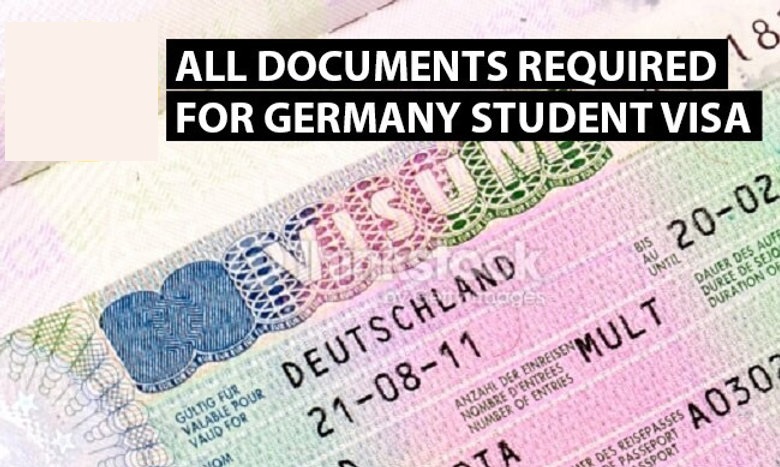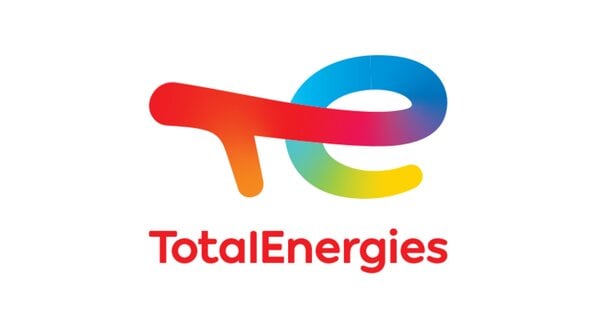German Visa Sponsorship for International Students

German Visa Sponsorship, are you an international student looking to study in Germany? If so, you may be wondering about the process of obtaining a German visa sponsorship. This is a common concern for many international students, as having a sponsorship can greatly ease the process of obtaining a visa and entering the country. In this blog post, we will discuss all you need to know about German visa sponsorship for international students, including the benefits, requirements, and how to find a sponsor. So, read on to learn more and get started on your journey to studying in Germany!
Understanding Visa Requirements and Types
Germany offers various types of visas for international students, each with specific requirements. The most common is the Student Visa, intended for those enrolled in a full-time study program. Applicants must prove they have been accepted by a recognized institution. There’s also the Language Learning Visa for those attending a language course, which cannot be converted into a Student Visa later.
Lastly, the Applicant Visa is for those who need to be in Germany to apply for university admission in person. Each visa type has distinct documentation and eligibility criteria, crucial for ensuring your application process is smooth and successful.
Finding a Sponsor for Your Visa Application
To secure a sponsor for your German visa, start by reaching out to the international office at your chosen German university. They often have partnerships with organizations willing to sponsor international students. Additionally, exploring scholarship opportunities through DAAD (German Academic Exchange Service) can also lead to sponsorship.
Some businesses in Germany might offer sponsorship to students, especially in fields where there is a high demand for skilled workers. Networking with alumni or current students of your program may provide leads on potential sponsors. Remember, a sponsor must demonstrate financial stability to cover your expenses during your studies.
The Application Process and Necessary Documentation
To embark on the application process, initially gather all necessary documents. This includes a valid passport, proof of admission from a German institution, evidence of financial resources, health insurance coverage, and your sponsorship letter if applicable. The exact paperwork may vary based on the specific visa type you’re applying for.
It’s crucial to visit the official website of the German Embassy or Consulate in your country to get a detailed checklist. After assembling your documents, complete the visa application form and schedule an interview appointment at the embassy or consulate. Ensure you carefully follow their guidelines to avoid delays in your visa processing.
Financial Requirements and Proof of Funds
For your German student visa application to be successful, demonstrating your financial capability to support yourself during your studies is essential. The German government requires proof of financial resources, often referred to as “proof of financial means.” As of the time of writing, international students must show they have access to at least €10,332 per year, which can be provided through a blocked account, scholarship, or a letter of sponsorship from a financially stable sponsor. This amount is subject to change, so it’s advisable to check the current requirements on the German Embassy or Consulate’s website.
Common Challenges and How to Overcome Them
Navigating the German visa sponsorship process can present hurdles, such as finding a suitable sponsor and compiling the extensive paperwork required. Overcome these by proactively communicating with your university’s international office and leveraging online forums or communities for advice and support.
Additionally, ensure all documents are meticulously organized and double-checked before submission. Should language barriers arise, consider enlisting the help of a translation service or a native speaker. Remaining patient and persistent throughout the application process is key to addressing these common challenges effectively.
Post-Arrival Formalities and Integration Tips
Upon arriving in Germany, registering your address at the local Residents’ Registration Office is a must-do. This is essential for legal residency and should be done promptly. Next, set up a bank account, which will be vital for managing finances, including rent and tuition payments. Acclimating to the new culture is equally important; immerse yourself in the local community, try to learn the language by practicing daily, and connect with fellow students through university clubs or events. These steps not only help with practical matters but also foster a sense of belonging in your new home.
There are other related articles here Study Visa Requirements for International Students





